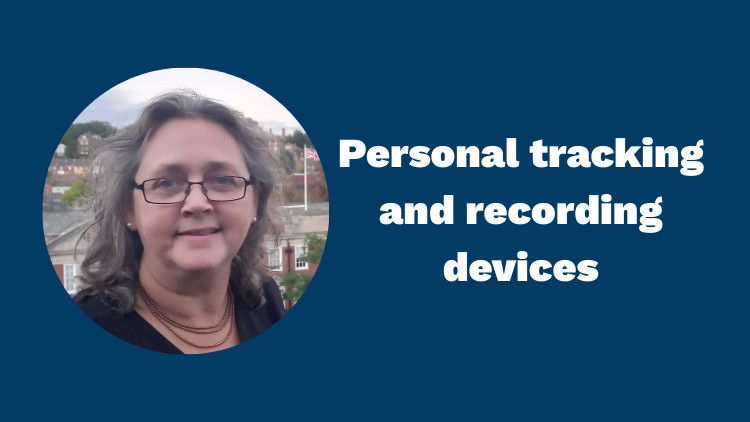Information Hub
Each of these sections is designed to help you quickly locate the information or support you need. Simply click on the relevant section to be directed to a detailed filter where you can refine your search by specific categories and topics.
Search by…
Resources
News
Blogs
PACEY Newsletters
Supporting Professionals
Parents
Area
Members get more
Our information hub hold just some of our FREE resources. Did you know that Coram PACEY members get access to hundreds more resources, policies, training and templates in their MyPACEY portal?
Top 10 Resource List
Search All Resources
A selection of great ideas and links to amazing resources to help you make working as a childcare professional even more rewarding.
Government publishes early years strategy
Recycling guidance in Wales/ Canllawiau ailgylchu
Coram PACEY Cymru funding success / Llwyddiant cyllido Coram PACEY Cymru
Staying safe in the sun
News
At such a pivotal time for the sector, we make sure we’re keeping abreast of all of the political and government new stories and policy changes to save you time.
PACEY Blog
Welcome to our blog. Here, we bring together key influencers, practitioners and thought leaders to share their views on a wide range of subjects. Topics cover latest news and policy developments to best practice and inspirational ideas.







